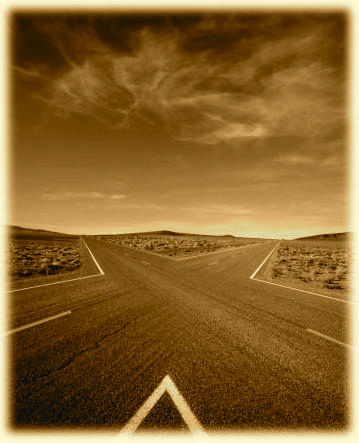 It was a case like so many others, an elderly man who tripped and broke his hip. During his physical examination, a soft murmur was heard so an echocardiogram was ordered. His heart muscle was quite weakened. Cardiologists were contacted, symptoms reviewed, electrocardiograms compared, and soon he was off to surgery to fix his hip.
It was a case like so many others, an elderly man who tripped and broke his hip. During his physical examination, a soft murmur was heard so an echocardiogram was ordered. His heart muscle was quite weakened. Cardiologists were contacted, symptoms reviewed, electrocardiograms compared, and soon he was off to surgery to fix his hip. Rehabilitation was remarkably fruitful – he was weight-bearing quickly and some five days later, he was looking strong enough to consider discharging, shuffling, walker assisted gait and all.
But an abnormality was found before his surgery that must be addressed – to do otherwise would not comply with guidelines for his management: his weaken heart. Mind you he was 78, had been declining physically and mentally over the past several years and did not lose consciousness with this hip fracture, but he was loved by his wife and daughter who were eager see him continue to improve. The hope, if you will, of a better time ahead.
What is a doctor to do in this instance?
From the earliest years, the discipline of medicine requires rigorous study and exhaustive hours of training. By and large, physicians are driven souls, vetted carefully from our formative years of school by exemplary grades, grueling study, competition for residencies, and taxing selection processes. Those that push the norm, strive for excellence, and go above and beyond excel, those that do not, wither. In essence, it’s the epitome of Darwinian selection.
The trend continues when one enters practice as a young doctor. It is, in short, all about productivity: productivity academically, productivity clinically, and productivity economically. That’s the way the ball currently rolls in medicine. And really, that’s the way the patients have benefited in our system, too. Going the extra mile, even when hope seems impossible or the hour is inconvenient has benefited many, many people.
But we are at a critical crossroad in medicine today. Forces are masterfully aligned to impose restrictions or recommendations of care upon the doctor-patient relationship. Just like the patient above who has never had an arrhythmia but has a known weakened heart muscle detected anecdotally after an unrelated fall. Do we treat him, because we “should,” based on guidelines that others in positions of “authority” have vetted and our practice managers have urged, or turn a cheek on our obsessive reliance on “evidence” in favor of “art,” realizing that doing so directly threatens the core of our economic, academic, and clinical productivity-based health care model and exposes us legally?
The only logical resolution to this dilemma is for the doctor is to turn to their patients. But will patients or their families accept anything less than doing everything, just for the common good of the system? Will careful discussion about costs and absolute (rather than relative) risk reduction with preventative measures perceived as responsible or lackadaisical? Can we afford to withhold therapy when our economic survival continually demands more volume, more procedures, and more patients in the system? What incentives exist for doctors to do nothing in the circumstance I have described?
Given the economic, legal, and professional climate in vogue today, there are none. As a new public health care plan is deployed, will we ever be able to achieve cost control in our new system?
At present, it seems unlikely. We have gravitated to models and systems that automate our profound inefficiencies and deem them “highly efficient.” We advertise to load the system more. We leave the cost of the defense of the wrongfully accused to the defendant rather than the plaintiff. All while costs, and volumes, and regulatory infrastructure spiral. Without incentives that reward doing less for both the doctor and the patient, we won’t see any meaningful reduction to health care costs in America irrespective of the ultimate system deployed.
-Wes
No comments:
Post a Comment